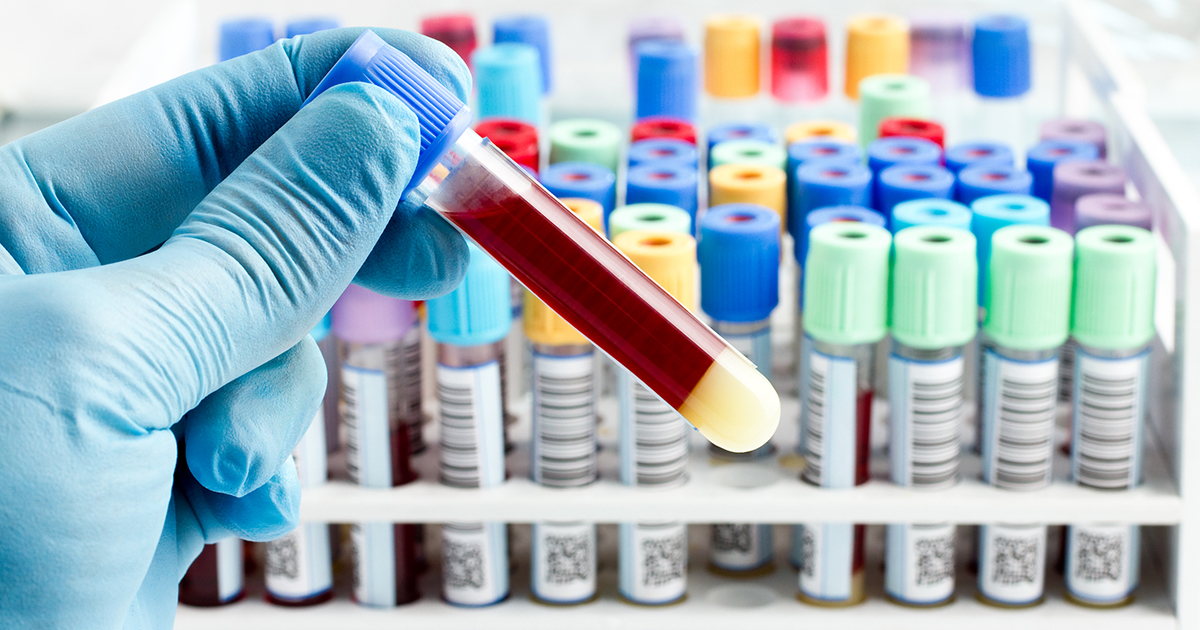When it comes to their health and well-being, many people turn to primary care clinics for preventative screenings and tests. These healthcare providers offer a variety of services, ranging from routine physicals to cancer screenings, that help ensure the optimal functioning of a person’s body.
Through regular checkups and testing, individuals can take proactive steps towards preventing illness or catching serious health issues early on so they can be addressed with more ease. Primary care clinics provide an invaluable service in promoting the overall well-being of their patients.
Blood Pressure Screening
Blood pressure screening is an essential preventative test offered by primary care clinics. High blood pressure, also known as hypertension, can be a dangerous condition if left untreated and often has no symptoms. With regular screenings at a primary care clinic, individuals can detect high blood pressure early on and take necessary steps to reduce their risk of developing any medical complications associated with the condition. Screenings are quick, and painless, and offer invaluable insight into one’s health status.
During these visits, the provider will measure both systolic (the higher number) and diastolic (lower number) levels to determine whether or not further action is needed for an individual patient’s case. A diagnosis of high blood pressure requires more than one elevated reading so it may be necessary for patients to return for follow-up appointments after initial testing takes place to monitor progress over time.
Primary care clinics provide valuable services when it comes to preventive screenings like blood pressure testing; providing peace of mind that your body is functioning properly and ensuring swift intervention should any abnormalities arise from the results of tests conducted during routine check-ups.
Cholesterol Testing

Primary care clinics offer cholesterol testing to monitor the levels of lipids in a patient’s blood. This test can help identify risk factors for heart disease and stroke, which are two of the most common causes of death in adults. By being proactive with preventative screenings such as cholesterol testing, patients can be better informed about their health risks and take steps to lower them.
The test is quick, non-invasive, and reliable; it involves drawing a sample of blood from a finger or arm vein that is then analyzed by laboratory staff for total cholesterol levels. High cholesterol numbers may indicate an increased risk factor for cardiovascular disease so it is important to discuss this with your primary care provider immediately if results come back high.
Diabetes Screening
When it comes to preventive screenings and tests, primary care clinics often offer diabetes screenings. Diabetes is a serious medical condition that can lead to health complications if not properly managed. Primary care clinics will typically provide blood glucose testing for those who are at risk of developing diabetes or have already been diagnosed with the disease.
They may also provide other diagnostic tools such as A1C tests and urine tests to monitor the patient’s progress. These types of screening can help detect any potential problems early on so that appropriate treatment measures can be taken before further damage occurs. By receiving these regular check-ups, patients can maintain better control over their condition and avoid potentially life-threatening complications down the line.
Immunizations/Vaccines

Primary care clinics offer routine immunizations and vaccines, such as the flu shot or HPV vaccine, to help protect patients against certain diseases. Vaccines are important in preventing illnesses that can be dangerous, even life-threatening if left untreated. Immunizations have been proven effective at helping people stay healthy and reduce the spread of disease.
Clinics may also provide additional immunization services for those who need them most, such as pregnant women or children under five years old. Patients should consult their primary care provider to determine which immunizations they may need based on age, lifestyle, and medical history. Clinics strive to create a safe environment for all patients by providing appropriate vaccinations in addition to preventative screenings and tests for early detection of potential health issues before they become more serious problems.
Cancer Detection/Screening Tests
Cancer is a serious disease that can be prevented and treated if discovered early. Primary care clinics offer various cancer screening tests to help detect the presence of cancer in its earliest stages. These tests are designed to identify any changes in the body that may indicate an increased risk for the development of certain types of cancers. Commonly used cancer screenings include mammograms, colonoscopies, prostate exams, Pap smears, and other blood or urine tests.
Depending on age, gender, and family history, different individuals will require different types of screenings at varying intervals throughout their lives. It is important to talk with your primary care provider about which screenings you should receive based on your individual health needs and risk factors for developing cancer so that any potential signs can be identified as soon as possible.




